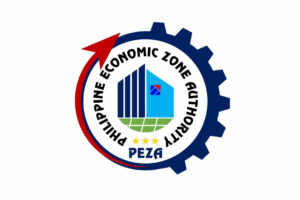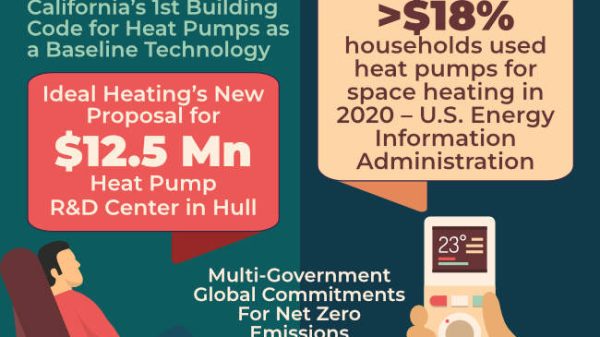AMBIGUITIES in the Corporate Recovery and Tax Incentives for Enterprises (CREATE) Act are serving as a brake on investment, with amendments to the law expected to clear up any uncertainties for investors, property consultancy Colliers said.
“The government must respond immediately… as maintaining the status quo may result in forgone billions of pesos in revenue and economic opportunity losses,” Colliers said in a report.
Colliers expressed its support for amendments proposed in the CREATE to Maximize Opportunities for Reinvigorating the Economy (CREATE MORE) bill.
“Colliers supports… streamlining the tax incentives systems and making it more responsive to the global market,” it said.
“Through this regulatory development, the Philippines will be able to sustain its attractiveness as well as allay uncertainties in the market,” it added.
CREATE MORE proposes to return to investment promotion agencies the power to grant tax incentives and redefine the Fiscal Incentives Review Board’s function as an “oversight body.”
Colliers, quoting House Ways and Means Chairman and Albay Rep. Jose Ma. Clemente S. Salceda, said the current system “requires multiple stages of submission and is causing delays in the arrival of new investors.”
It added that investors and industry groups still want clarification of the value-added tax zero-rating guidelines two years since CREATE was implemented in 2021.
If the salient amendments are signed into law, Colliers said the Philippines can expect the entry of more established foreign enterprises and growth in export-oriented industries, thereby creating more jobs.
“Colliers sees this development to benefit major exporting industries, such as the IT-BPM (information technology and business process management) sector,” it said.
“Clarity on tax incentives schemes and allowing flexibility through institutionalizing the work-from-home or hybrid work setup will be key in sustaining the competitiveness of the IT-BPM industry,” it added.
One of the amendments proposed under CREATE MORE is extending the grant of incentives to IT-BPM enterprises even if they implement hybrid working arrangements as long as they comply with on-site work quotas set by the investment promotion agency they are registered with.
“The bill seeks to include a clause that ‘carves out’ the IT-BPM sector from the prohibition on conducting registered projects or activities outside the geographical boundaries of their freeports or economic zones,” Colliers said.
However, Colliers said that the bill will also affect the office market through continued rationalization of office space especially from large occupiers.
“While this may be a short-term trade-off, Colliers believes that a more favorable investment climate will eventually spur office space demand in the long run,” it said.
“Given this flexibility, companies may ‘test the waters’ to find the optimal working setup for their respective operations,” it added.
Colliers projects office utilization to settle at 70-80% calling physical offices a vital platform for collaboration and developing corporate culture. — Justine Irish D. Tabile






















